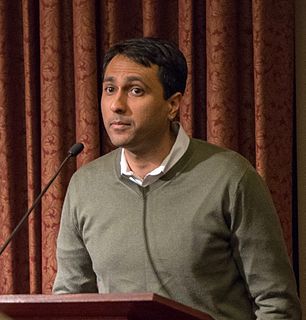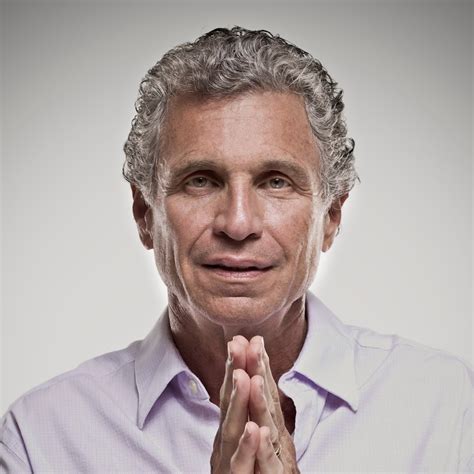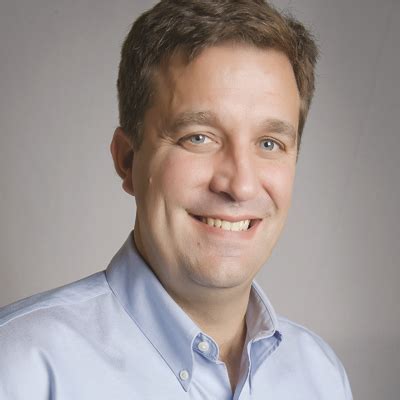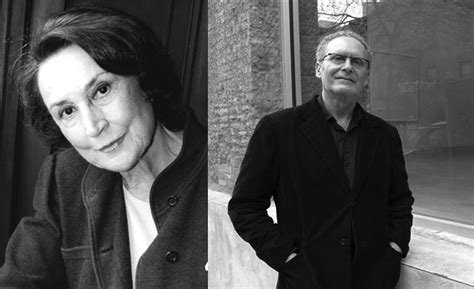Цитата Эбу Пателя
Тоталитаристов в мире очень и очень мало. Только самая малая часть человечества желает и действует на уничтожение других. Плюралистов гораздо больше. Те из нас, кто верит в мир, в котором мы живем вместе, - мы гораздо больше. Проблема в том, что мы еще не сделали наше дело убедительным во всем мире.
Связанные цитаты
Современная физика описывает то, что давно известно хранителям древней мудрости Америки. Эти шаманы, известные как «Хранители Земли», говорят, что мы воображаем, что мир существует, посредством самого акта наблюдения за ним. Ученые считают, что мы можем сделать это только в очень маленьком субатомном мире. Шаманы понимают, что нам также снится более широкий мир, который мы воспринимаем своими чувствами.
Мир, в котором я вырос, имел как буквальное, так и мифологическое качество. Мы были на границе нескольких миров — большой черный мир граничил с нами с одной стороны. Еще дальше был большой белый мир. С некоторыми мы общались, с другими нет. Если вы думаете об этом как о внутренней географии, это земля, оспариваемое пространство с этими очень заряженными историческими, культурными и эмоциональными границами.
Жажда истории очень, очень глубока в людях. Мы — единственное существо в мире, которое делает это; мы единственные существа, которые рассказывают истории, и иногда это настоящие истории, а иногда выдуманные истории. Затем есть более крупные истории, великие нарративы, в которых мы живем, такие вещи, как нация, семья, клан и так далее. Считается, что к этим историям относятся с почтением. Они должны быть частью того, как мы ведем дискурс нашей жизни, и не позволять людям делать что-то очень вредное для человеческой природы.
Природа состоит из фактов и закономерностей и сама по себе не моральна и не безнравственна. Это мы навязываем природе свои стандарты и тем самым вводим мораль в природный мир, несмотря на то, что являемся частью этого мира. Мы продукты природы, но природа создала нас вместе с нашей способностью изменять мир, предвидеть и планировать будущее и принимать далеко идущие решения, за которые мы несем моральную ответственность. Но ответственность, решения входят в мир природы только с нами.
Хотите верьте, хотите нет, но развлечения — это часть нашей американской дипломатии, это часть того, что делает нас исключительными, часть того, что делает нас такой мировой державой. Сотни миллионов людей могут никогда не ступить на территорию Соединенных Штатов, но благодаря вам они испытали на себе малую часть того, что делает нашу страну особенной. Они узнали кое-что о наших ценностях. Благодаря вам мы сформировали мировую культуру... таким образом, чтобы сделать мир лучше.
Как бы человек ни любил мир в целом, в полной мере жить в нем можно, только живя ответственно в какой-то небольшой его части. Где мы живем и с кем мы там живем, определяют условия нашего отношения к миру и человечеству. Таким образом, мы снова приходим к парадоксу, что стать целым можно только путем ответственного принятия своей пристрастности.
Так же много путешествуя, как и я... вывод для меня сделал меня очень скромным и очень сочувствующим тяжелому положению других людей в этом мире и очень желающим быть активным в том, чтобы каким-то образом быть частью решения, а не частью проблемы. Это сделало меня очень терпеливым и очень благодарным за то, где я живу.
Жалость к себе заключает нас в стены собственного эгоцентризма. Весь мир сжимается до размера нашей проблемы, и чем больше мы размышляем о ней, тем меньше мы становимся и тем больше кажется, что проблема разрастается. Осведомленность о других — здоровое противоядие от этой сосредоточенности на себе.
То, что происходит в большом мире, всегда влияет на искусство. Когда я впервые открыл галерею в 1959 году, одной из первых вещей, которые я усвоил, было то, что большинство людей считают, что художники знают одно и только одно — что они идиоты-ученые. Я очень быстро обнаружил, что большинство художников были очень информированы и хорошо осведомлены о том, что происходит в окружающем их мире. Так что все эти вещи идут вместе, особенно для земляных работ. А в то время был такой интенсивный интерес к американскому искусству. Поэтому большое внимание уделялось тому, куда он шел.
Страдание приглашает нас передать наши обиды в более крупные руки. Во Христе мы видим, как Бог страдает – за нас. И призывает нас разделить страдающую любовь Бога к страдающему миру. Маленькие и даже непреодолимые боли нашей жизни тесно связаны с большими страданиями Христа. Наши ежедневные печали основаны на большей печали и, следовательно, на большей надежде.
Мое раннее детство прошло на берегу Тихого океана. Я несу с собой что-то, запечатленное этим широким, безграничным горизонтом, который, как я узнал, связывает нас с разными людьми и культурами, включая происхождение моей семьи из арабского мира и Северной Европы. Я рано понял, что мой мир был лишь небольшой частью гораздо большего мира. Это очаровало меня.
































